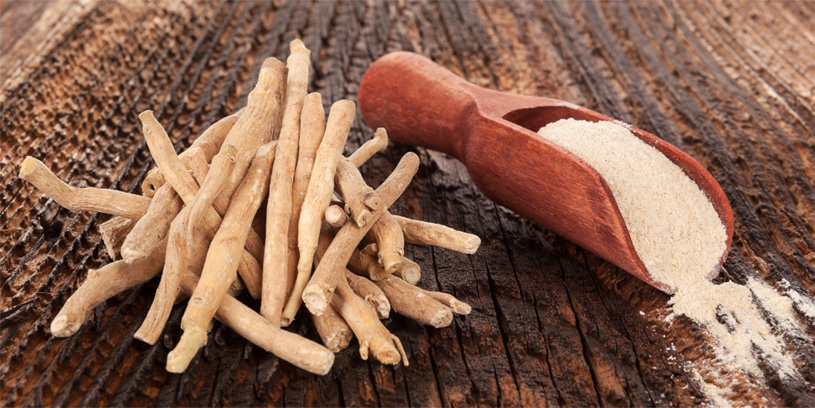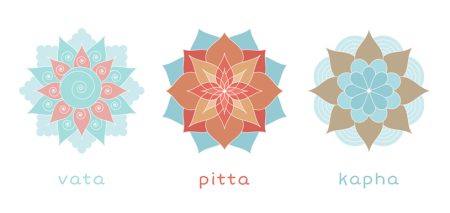When people think of Ayurveda, one of the first herbs that comes to mind is Ashwagandha. Ashwagandha is known for being the herb of choice for those that suffer from stress, anxiety, and insomnia. But this herb can be used for so much more and should also not be used in some instances.

We have three doshas in the body: vata (created by space and air), pitta (created from the combination of fire and water), and kapha (created from water and earth). If you are not sure what these are, check out last month’s Desh-Videsh magazine for my article on the three doshas!
When it comes to its relationship with the doshas, Ashwagandha is known to pacify both vata and kapha elements, but can disturb pitta. Ashwagandha has a heating potency. Since pitta is a dosha that has a hot quality to it, ashwagandha, in large amounts, can put pitta out of balance.
Ayurveda sees everything as opposites. If there is too much cold, you give it hot. If something is too rough, you give it soft. If it is static, then you give it mobility. Because of this, Ashwagandha will work best for those with high vata, high kapha, and low pitta.
Ayurveda looks at an herb’s rasa (taste), virya (potency), and vipaka (post-digestive effect). But, this herb can also be too heating. Ashwagandha’s virya is heating, and it is also characterized by the guna (quality) of being oily. These are both pitta increasing. So, if you find yourself having symptoms such as hair loss, early graying, a temper, getting hot too easily (even hot flashes), and other ways that show an increase of pitta, it is best that you limit or reduce your consumption.
 Ashwagandha is considered a rasayana. Rasayana translates to ‘rejuvenative tonic.’ It is also considered as an adaptogen – which means it is an herb that has the ability to adapt to the body depending on the functions required, biologically, chemically, and physically when stressed.
Ashwagandha is considered a rasayana. Rasayana translates to ‘rejuvenative tonic.’ It is also considered as an adaptogen – which means it is an herb that has the ability to adapt to the body depending on the functions required, biologically, chemically, and physically when stressed.
It is perfect for immunity and anti-aging. It can be used as a sleep agent and can even be used in cases of paralysis, nerve issues such as MS, sciatica, and arthritis because it is a heating herb. Body pain, sleep disturbances, and nerve issues (anything nervous system related) in the body are usually characterized as an imbalance on the vata dosha. Since Ashwagandha is heating, it will help balance vata related issues.
Ashwagandha is also good at scraping out toxins in the body. It is used for creating tissues in the body and reproductive fluids, thus balancing kapha dosha – since kapha is used for building and creating matter and mucous in the body.

On the other hand, if you find yourself having issues with fertility, ADD, ADHD, anxiety, and poor immunity, Ashwagandha can be used to nourish reproductive systems, provide a grounding effect mentally, and rejuvenate the body.
Another contraindication for using Ashwagandha is if you have high ama. Ama is undigested food. When food is undigested and still in the body, it is looked at as a toxin. Over time, it can cause imbalance in the body. If you would like to know if Ashwagandha is right for you, consult your physician to make sure it is okay for you to take and then get an Ayurvedic consultation to know if your doshas would be balanced with usage of Ashwagandha or imbalanced!
Fun fact: In Sanskrit, ashwa means horse and gandha means scent or smell. So, Ashwagandha means the scent of the horse! So, next time you want to tell someone to smell the roses, tell them about the scent of the horse instead!
 About the Author
About the Author
Chahna Tailor is a Yoga Instructor and Ayurvedic Health Counselor with a background in occupational therapy. Chahna completed her yoga training in Rishikesh and recently completed an Ayurveda internship in Kannur, Kerala. Chahna’s company, Namaskar To You provides yoga, pranayama,meditation, and Ayurveda services. . She is currently pursuing a doctoral degree in Ayurvedic Medicine.









